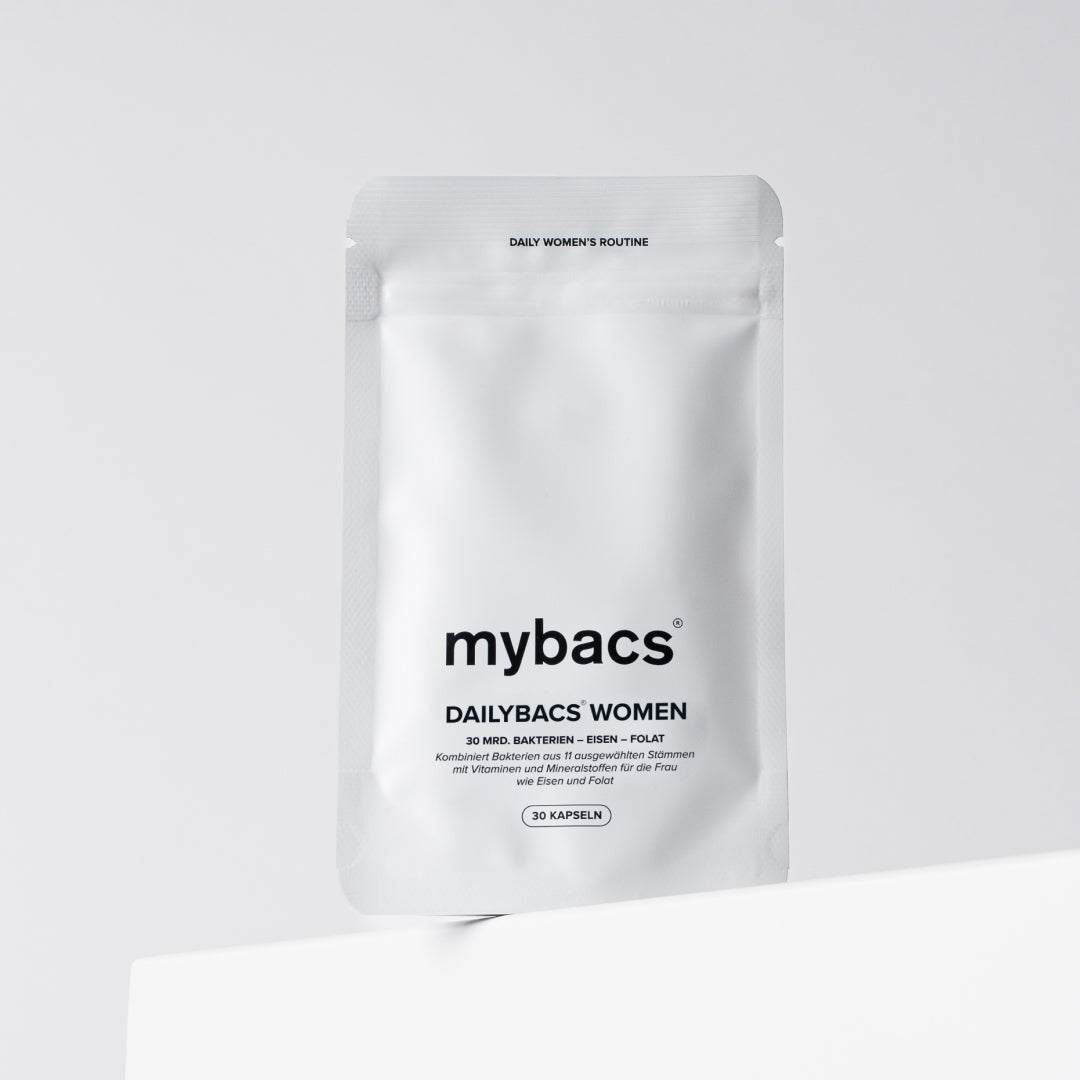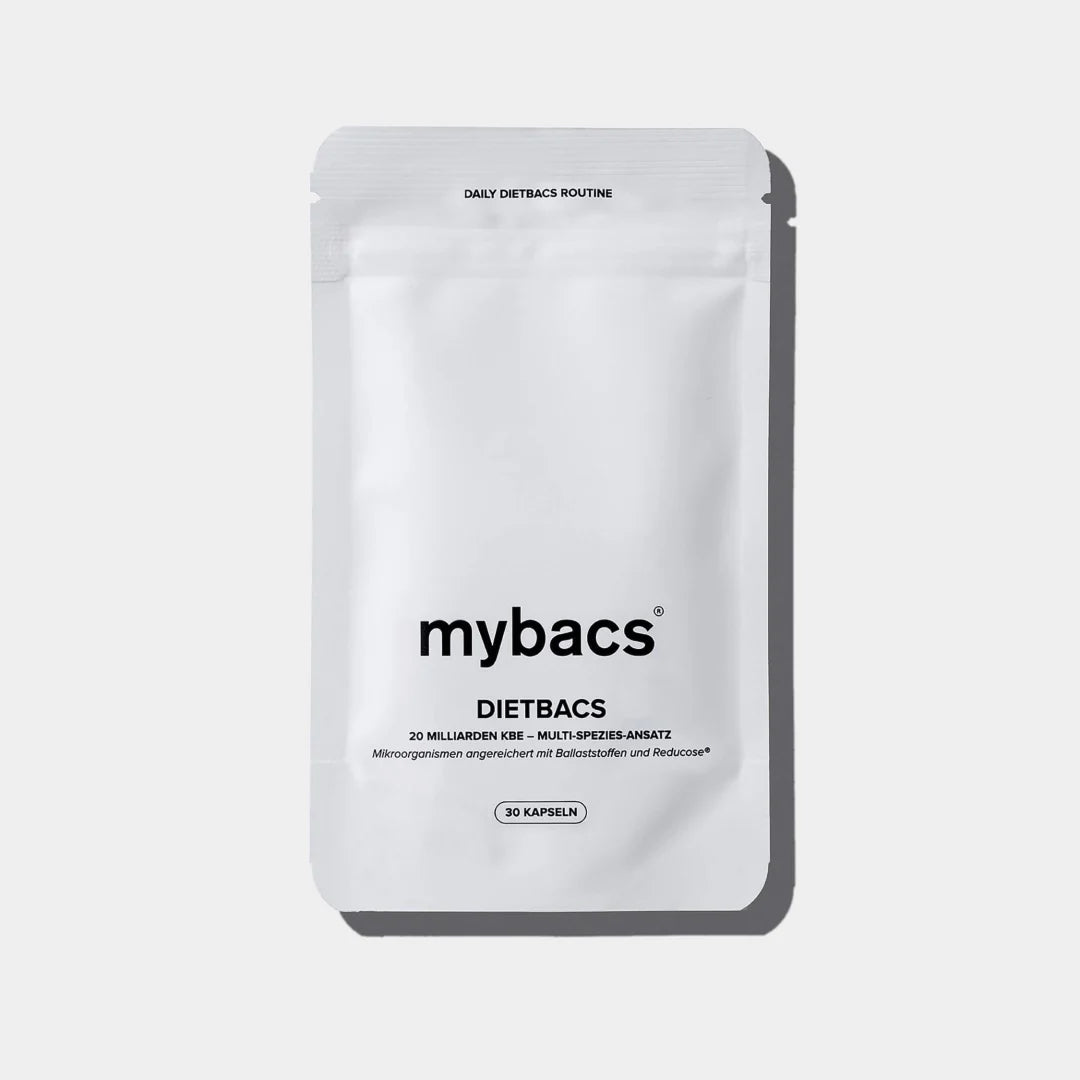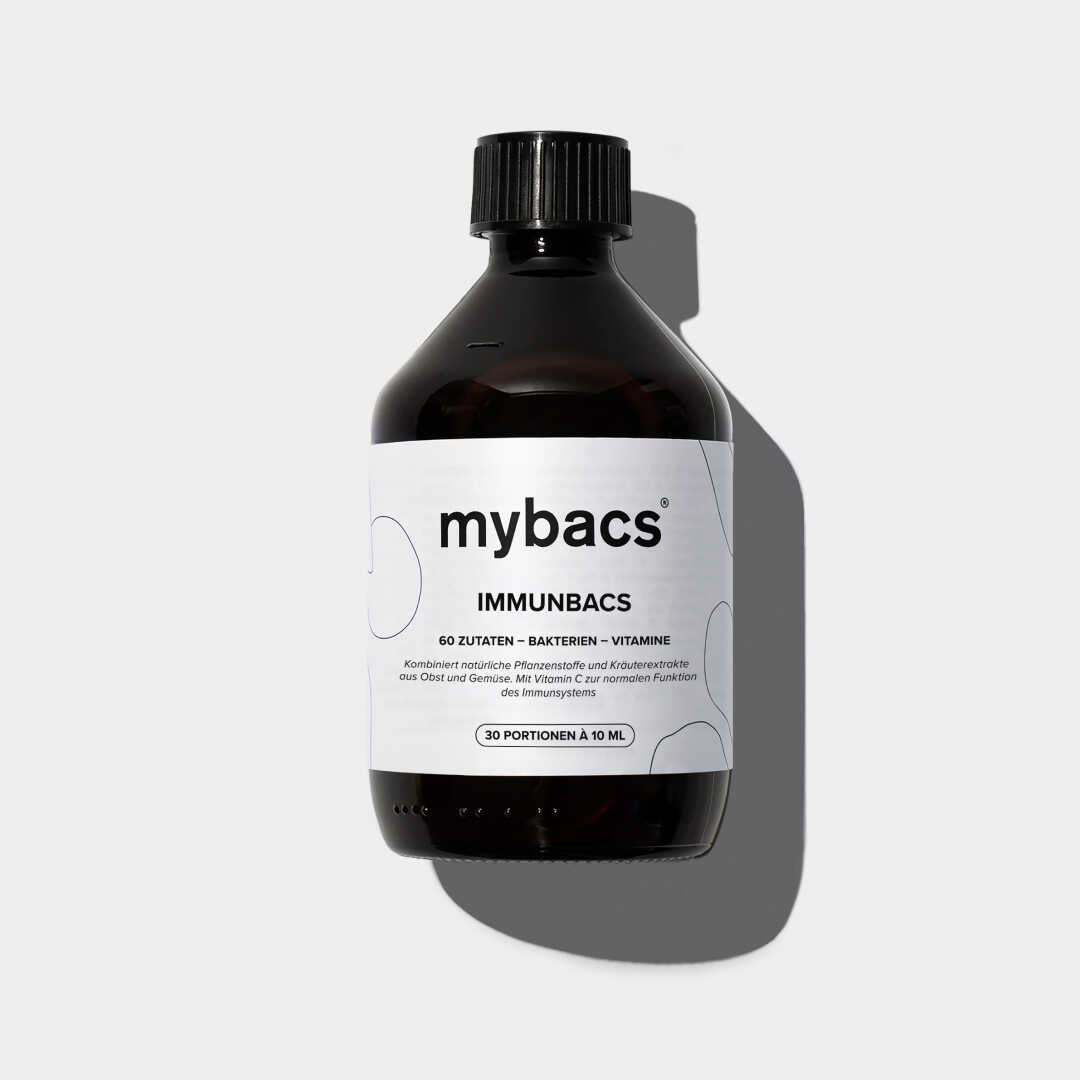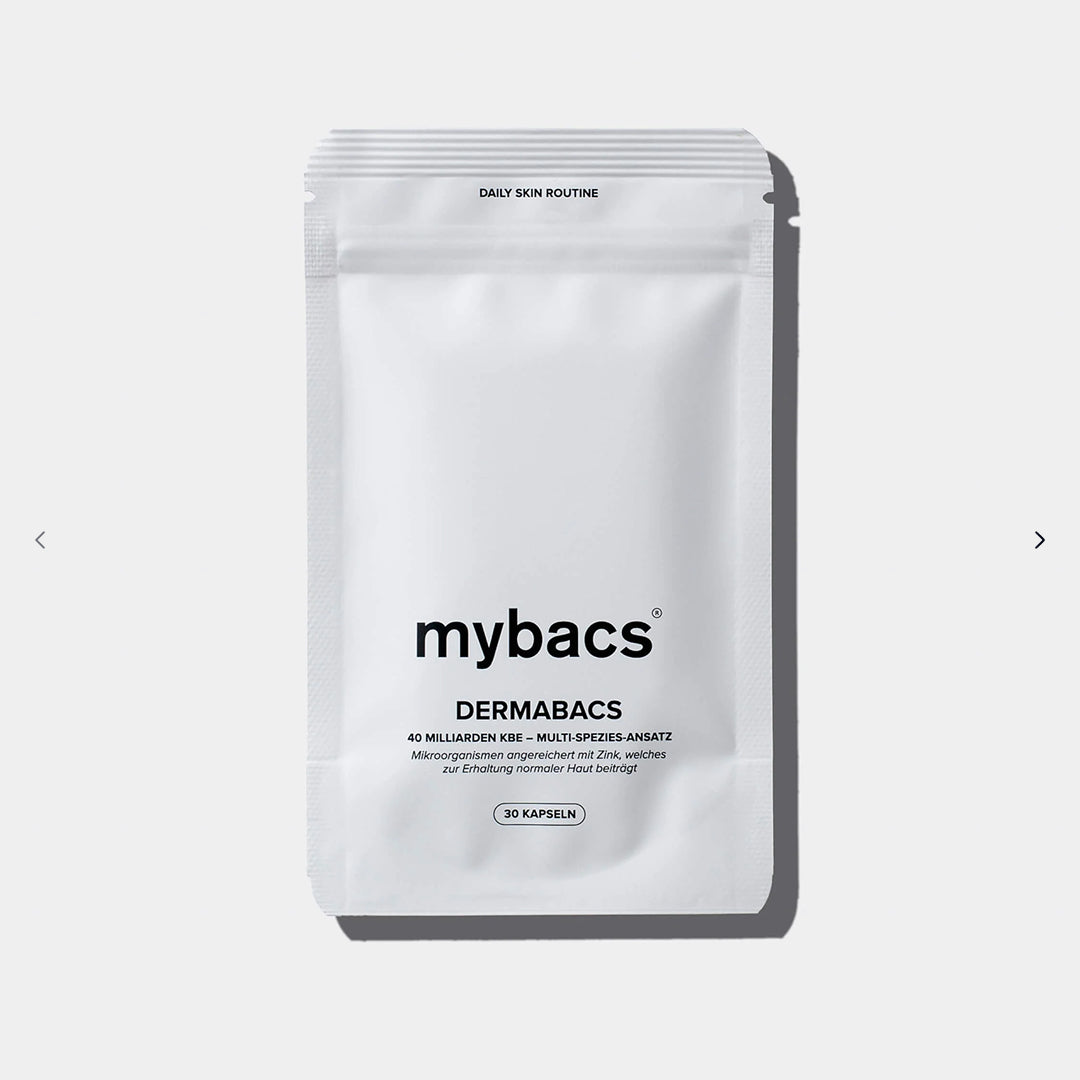The human microbiome is the center of our health. The interaction of probiotics and prebiotics contributes to the stability of the microbiome and can have a positive effect on your overall health, especially on digestion and the immune system. Now, a new class of bioactive substances is increasingly becoming the focus of intestinal health: PostbioticsAccording to recent studies*, these represent a promising addition to the proven remedies we can specifically administer to our gut to maintain a strong microbiome.
But what are postbiotics actually?
While probiotics are live bacteria that are specifically supplied to support the intestinal flora, postbiotics are the inactive ingredients or Metabolic products these bacteria.
Postbiotics are therefore beneficial substances produced by probiotic ("good") bacteria when they ferment certain food components. These include remnants of the bacteria themselves, which continue to have beneficial effects after their inactivation. Postbiotics improve the intestinal barrier function, can strengthen the immune system, and reduce inflammation. Postbiotics include, among others:short-chain fatty acids (e.g. butyrate), Enzymes, Cell wall fragments the bacteria, Vitamins (z.B. Vitamin B and Vitamin K) and Amino acids and other bioactive molecules.
Pre-, pro- and postbiotics - what are the differences?
Although probiotics, prebiotics, and postbiotics each play different roles in the body, they work hand in hand to keep the microbiome in balance and support overall health:
- Probiotics are beneficial, living microorganisms.
- Prebiotics provide the food for these microorganisms. They are not living organisms, but rather indigestible components of food – so-called fiber.
- Postbiotics are valuable end products that arise from the activity of live intestinal bacteria and offer numerous direct health benefits.
What makes probiotics so interesting?
- Stability: Due to their inactive form, postbiotics are particularly stable and less susceptible to environmental influences. This makes them a complementary option alongside proven probiotics.
- Spectrum of action: Postbiotics offer a diverse range of potential health benefits that are receiving increasing research attention. They optimally complement the positive effects of live probiotics.
- Compatibility: As inactive substances, postbiotics are generally well tolerated and can be a useful complement to probiotics, especially for people who may be sensitive to live bacteria.
A balanced diet rich in prebiotic foods and natural sources of probiotics can promote the growth of good bacteria in the gut while simultaneously stimulating the production of postbiotics. This supports your microbiome at all levels.





